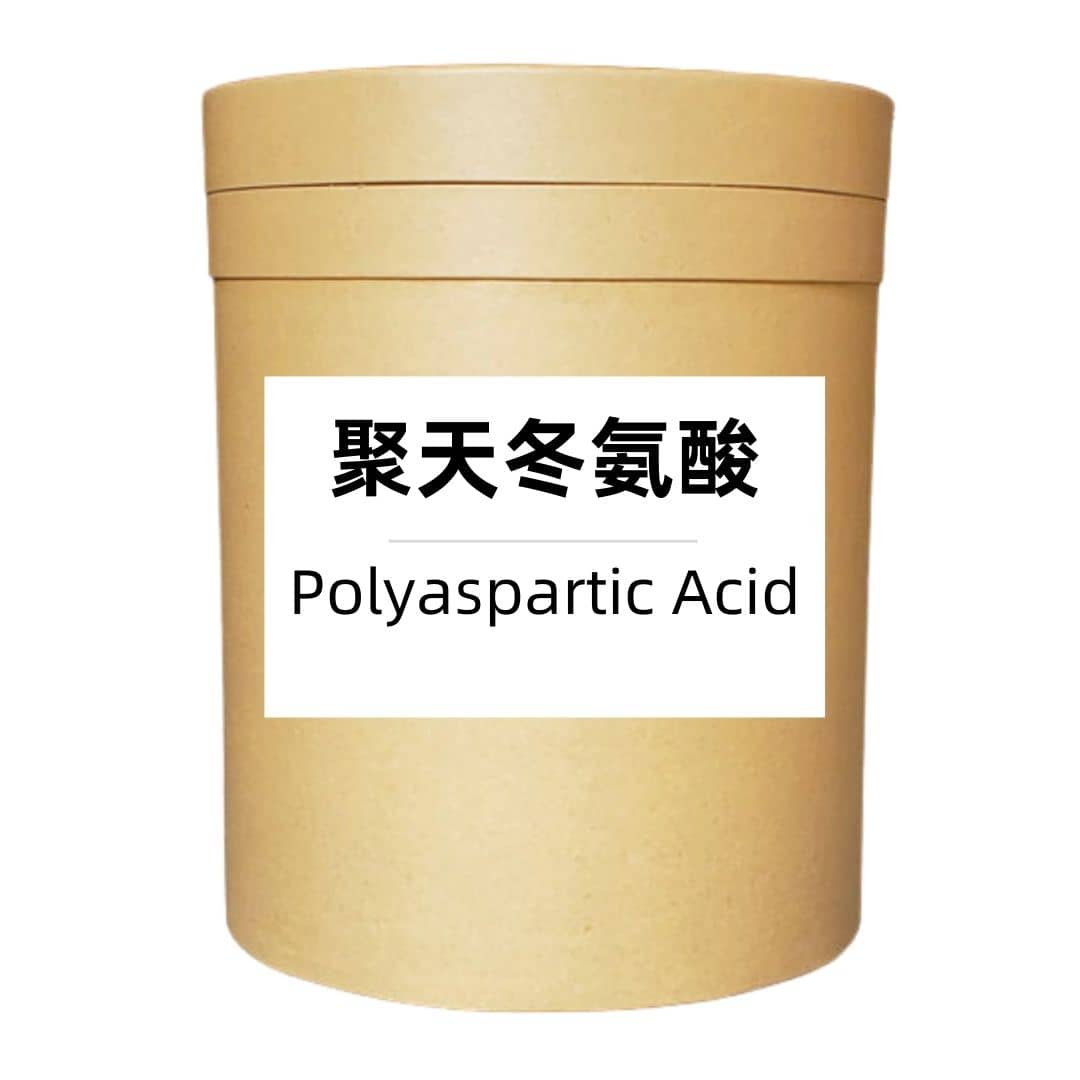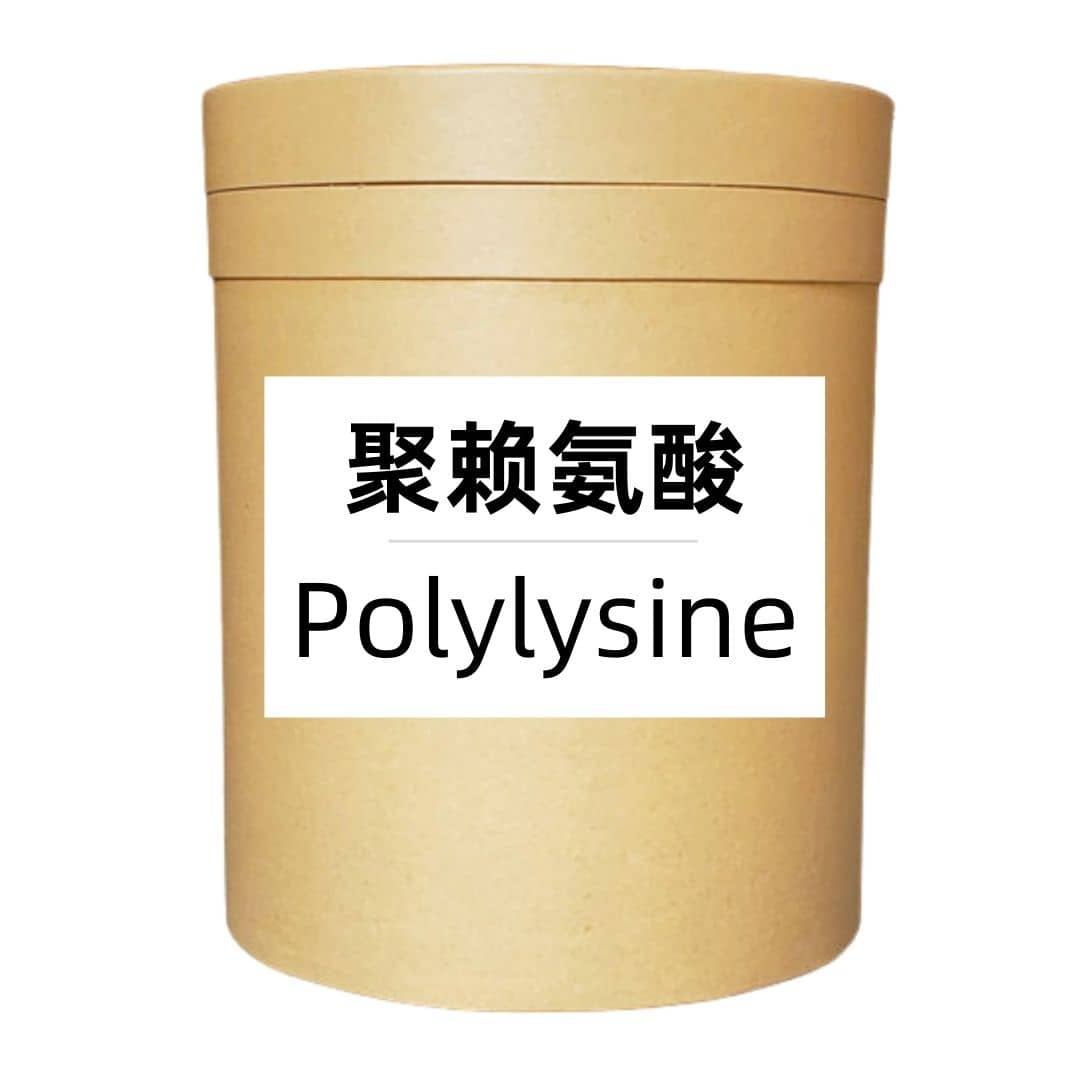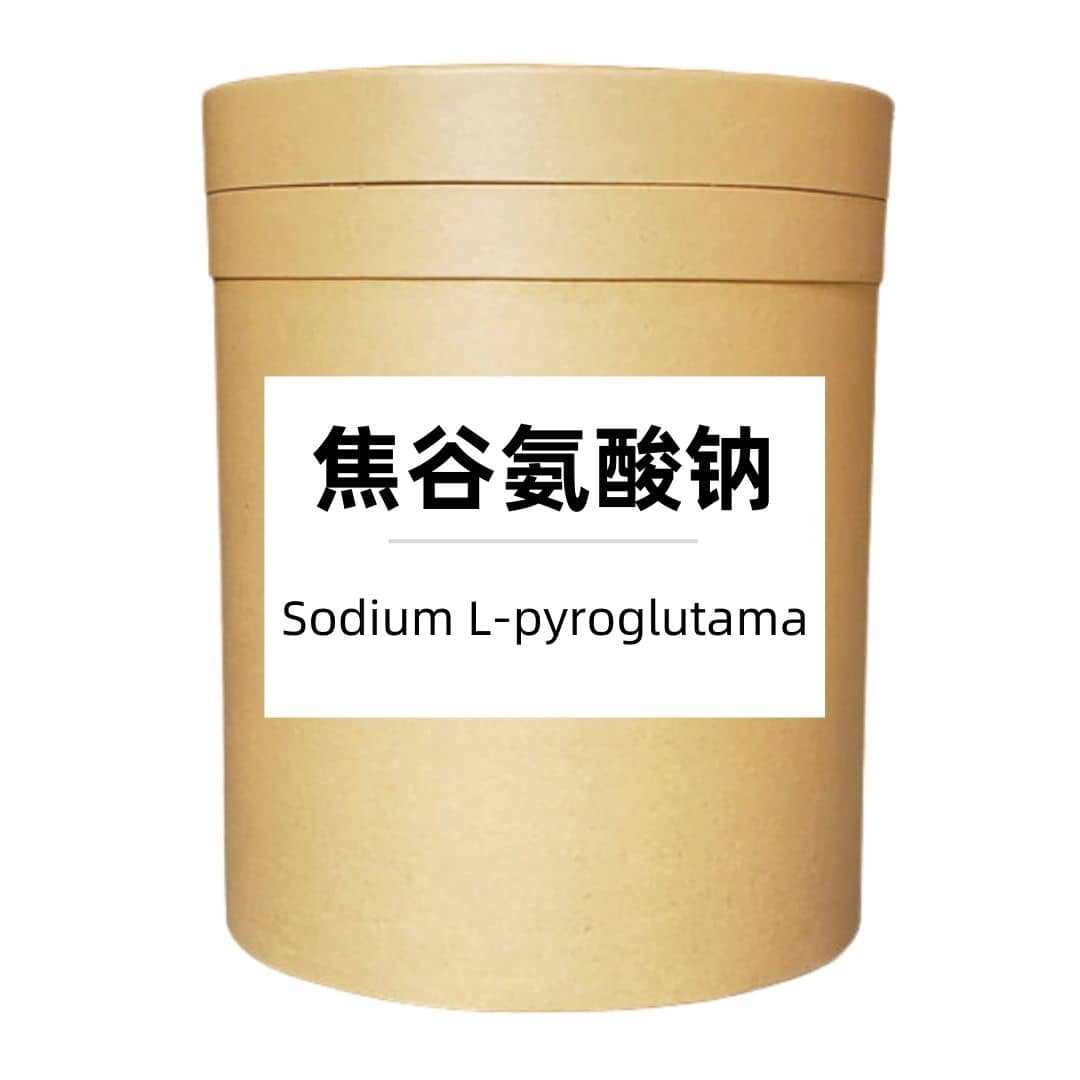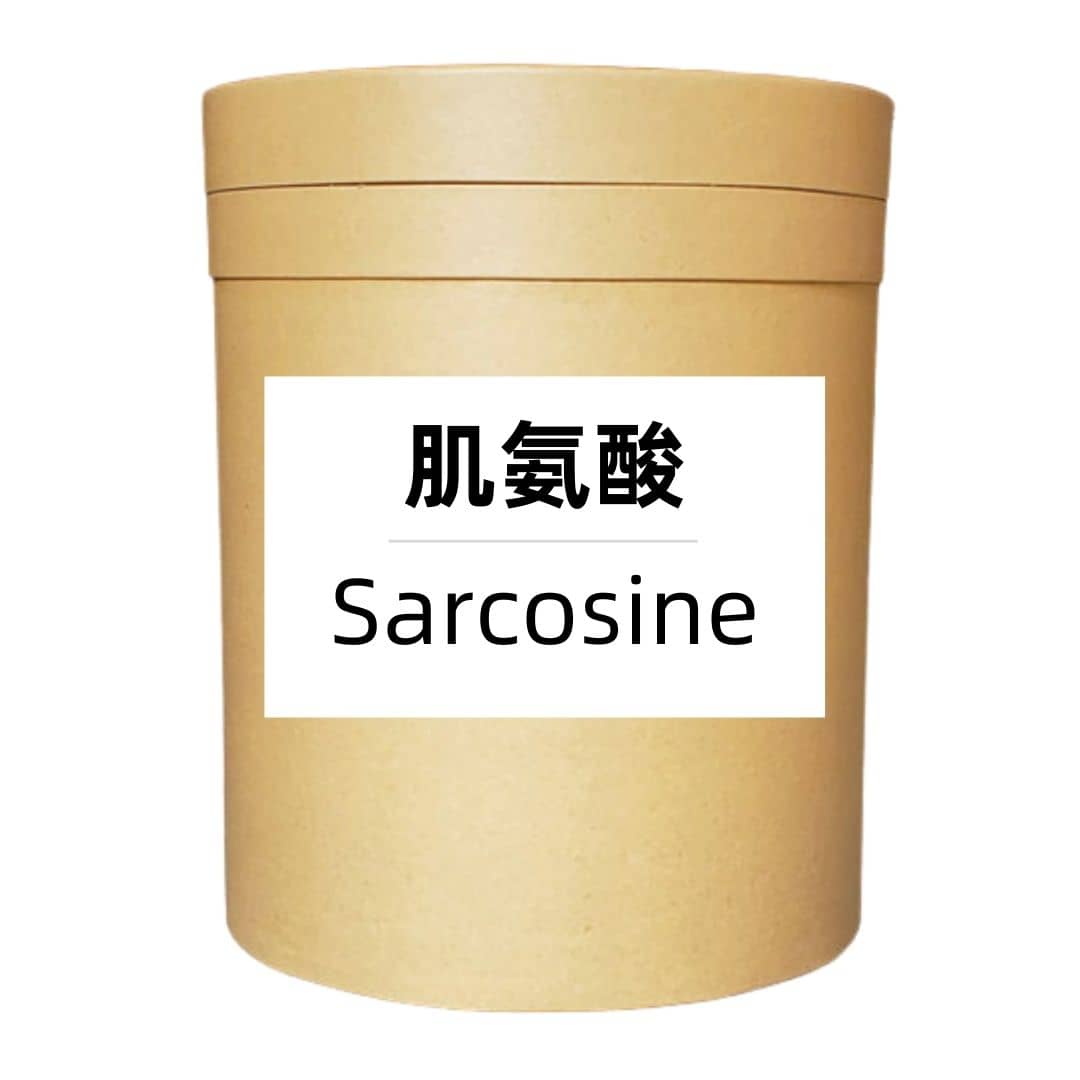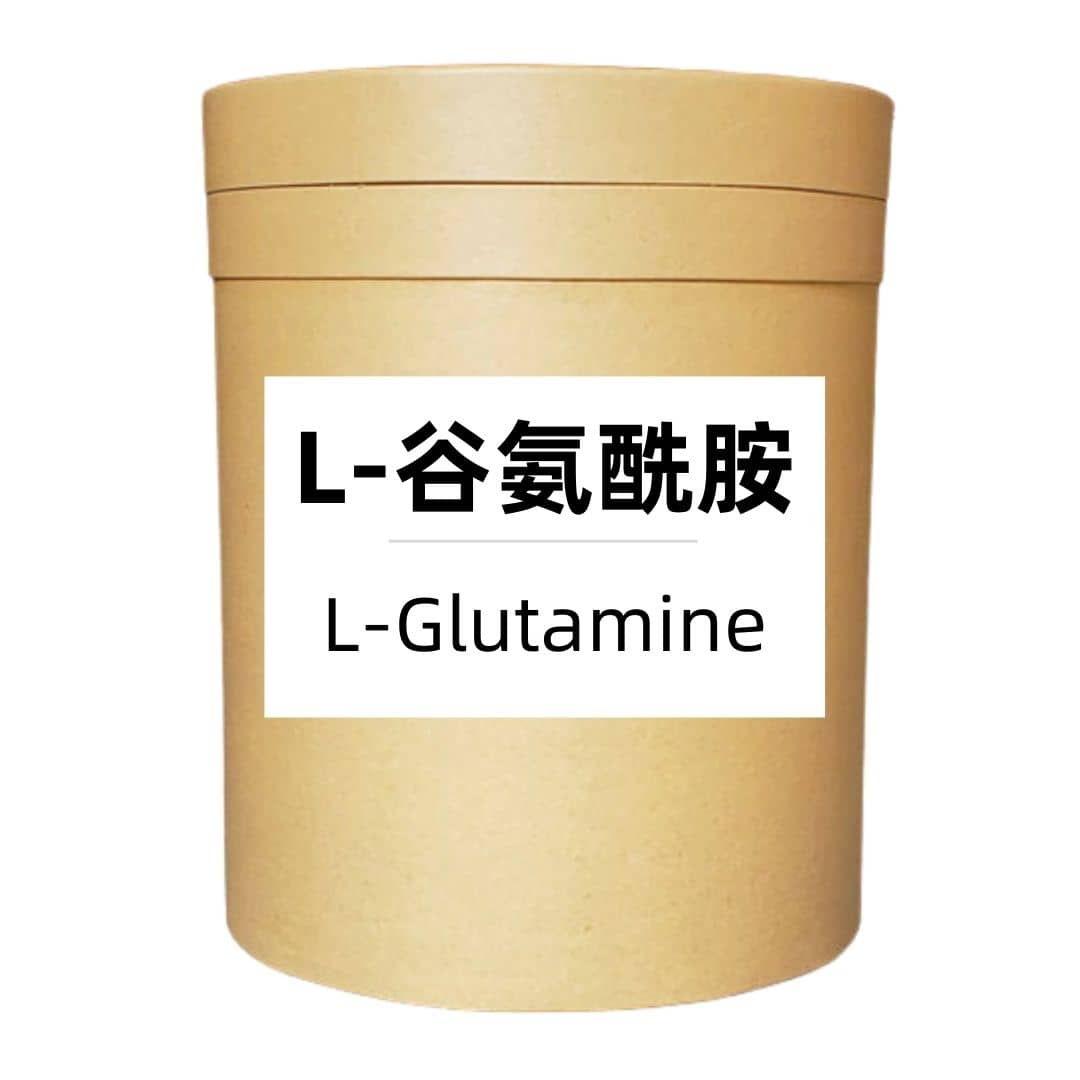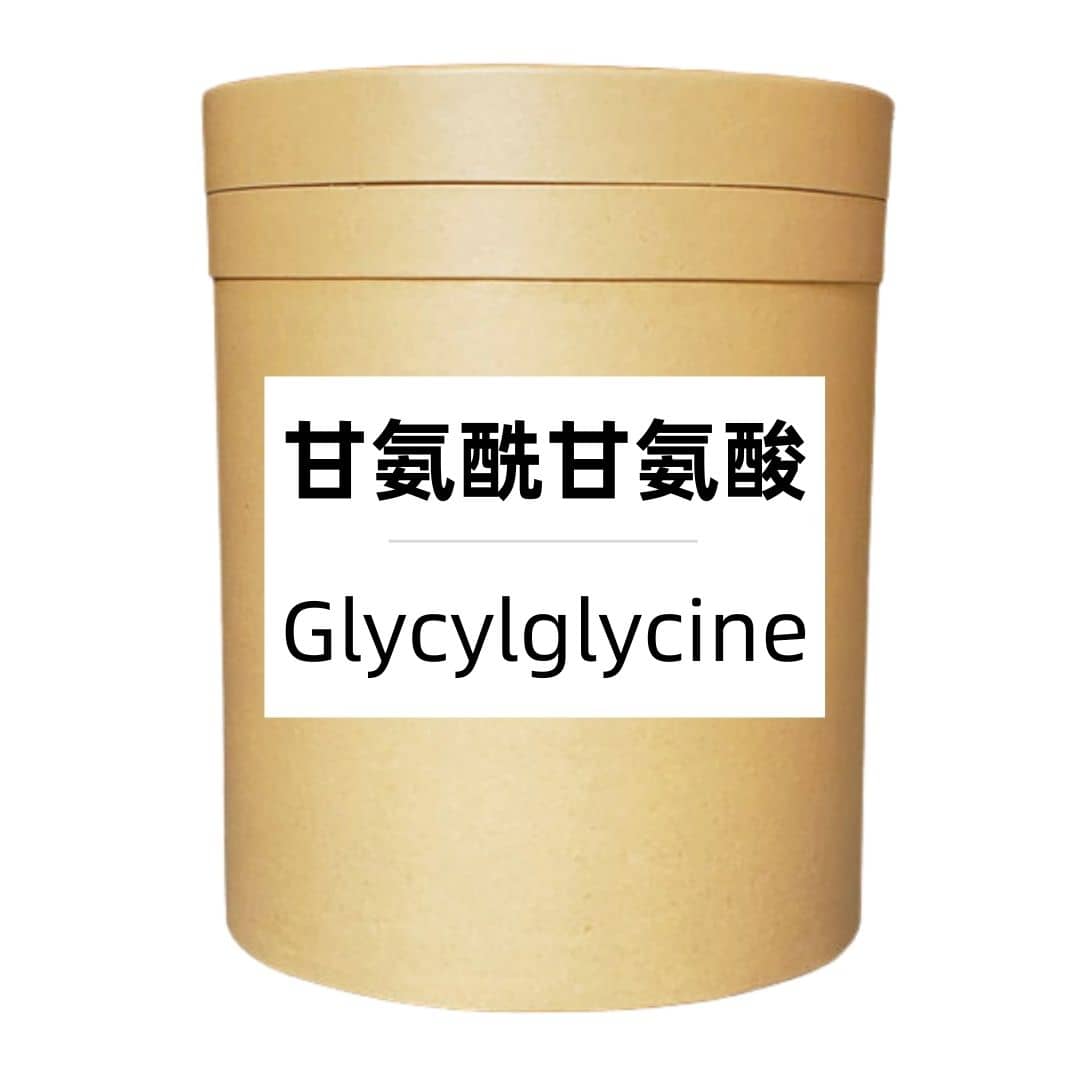Product Description
Lysine hydrochloride is the hydrochloride salt form of lysine, produced by reacting lysine with hydrochloric acid. It appears as a white crystalline powder and is commonly used as a food additive and pharmaceutical ingredient. As an essential amino acid, lysine is crucial for human growth and development.
In the food industry, lysine hydrochloride is used as a food additive to enhance the nutritional value of products. It promotes protein synthesis, participates in metabolic processes, and supports the proper functioning of tissues. Additionally, lysine hydrochloride can improve food texture and taste, enhancing the overall quality of food products.
Lysine hydrochloride is also used in pharmaceuticals, commonly as a dietary supplement. It can help treat lysine deficiency-related conditions, promote growth, and maintain normal physiological functions. Moreover, lysine hydrochloride exhibits anti-inflammatory, antiviral, and immune-regulating properties, which can help strengthen the body's immune response.
Production Process
Lysine hydrochloride is typically produced through either chemical synthesis or fermentation. The chemical synthesis method involves reacting lysine with hydrochloric acid under controlled conditions to obtain the product. The fermentation method utilizes microorganisms (such as *Escherichia coli*) to produce lysine hydrochloride through metabolic processes. The production involves steps such as reaction, crystallization, filtration, and drying to achieve a high-purity lysine hydrochloride product.
Throughout the production process, strict adherence to relevant regulations and standards is necessary to ensure product quality and safety. This includes careful selection and procurement of raw materials, monitoring and controlling the production process, and thorough quality testing and evaluation. Through effective production techniques and quality control measures, lysine hydrochloride’s quality can be stabilized and meet safety standards.
Applications
Lysine hydrochloride has a wide range of applications in the food and pharmaceutical industries. In foods, lysine hydrochloride is used as a nutritional enhancer and a texturizing and flavor-improving food additive. It is commonly added to various foods such as meat products, dairy products, and bread, providing nutritional value and enhancing food quality.
In pharmaceuticals, lysine hydrochloride serves as a nutritional supplement and medicinal ingredient. It can be used to treat lysine deficiency-related conditions, promote growth, and maintain normal bodily functions. Its anti-inflammatory, antiviral, and immune-regulating properties help strengthen the immune system.
When using lysine hydrochloride, follow the recommended usage and dosage outlined in the product’s instructions. Proper use maximizes its nutritional and health benefits, offering users an improved experience.
Packaging and Storage
- Storage Conditions: Store in a sealed, light-protected container, away from high temperatures, in a cool, dry, and well-ventilated area.
- Packaging: Bulk packaging in 25 kg fiber drums; samples in 1 kg aluminum foil bags; custom packaging available upon request.
- Shipping Method: Courier or logistics; domestic courier delivery within three days, logistics within five days. Quoted prices typically include domestic shipping costs.
- Shelf Life: Two years
Monica Sun possesses extensive technical expertise and market insights in the food additives industry. She excels in designing efficient and safe additive formulations tailored to various food applications, ranging from sweeteners to functional dietary fibers. Monica has successfully assisted food manufacturers in optimizing ingredient combinations to enhance product quality and improve consumer satisfaction.









